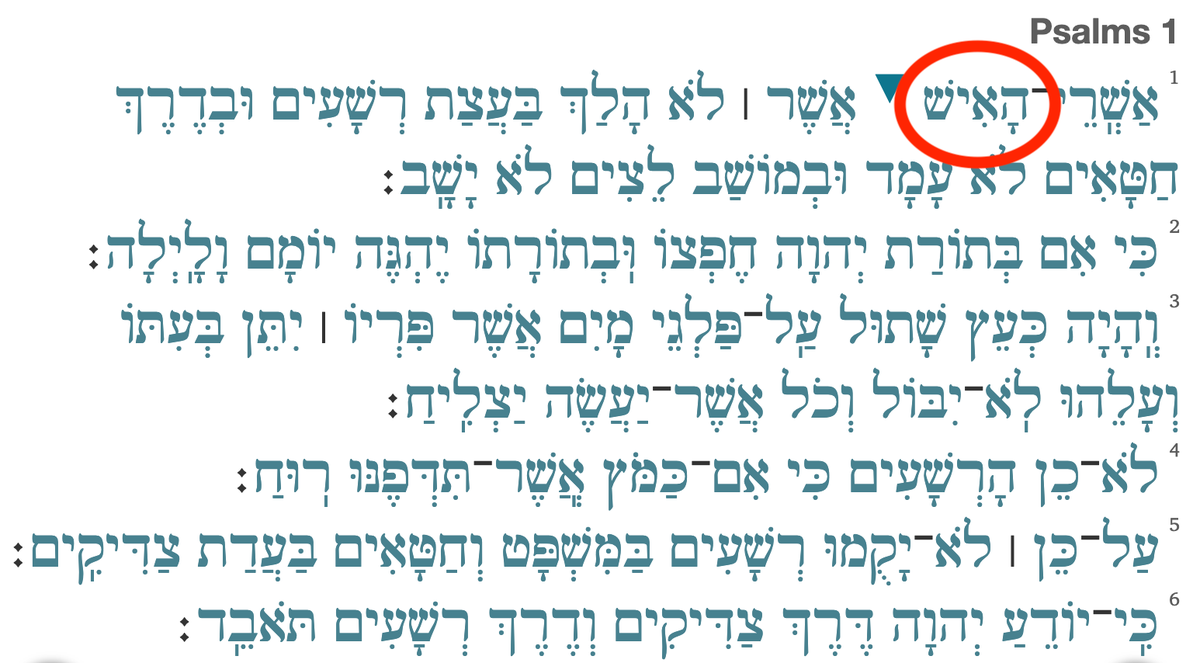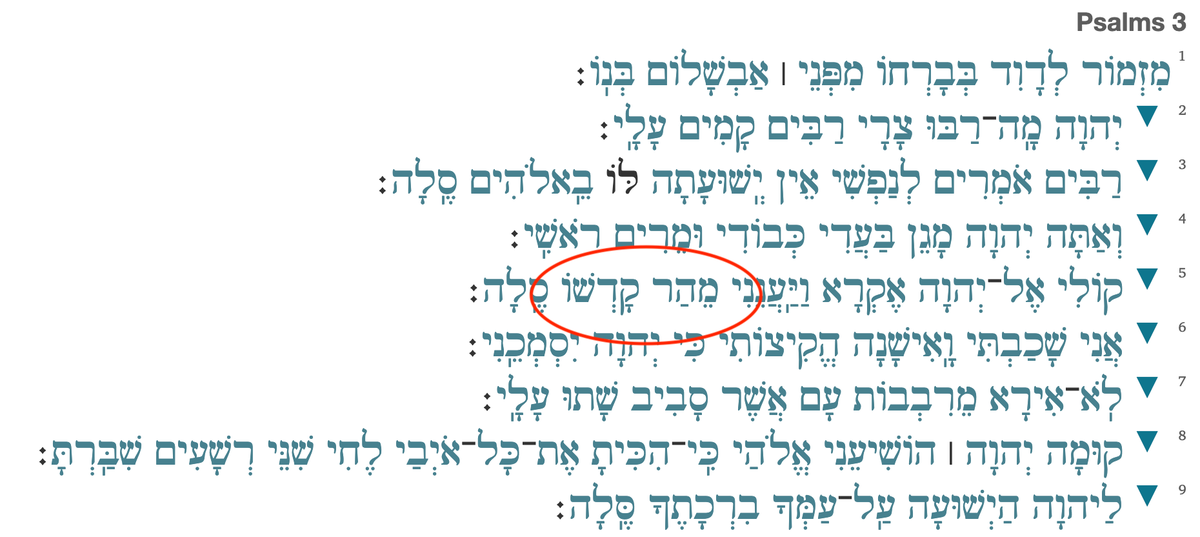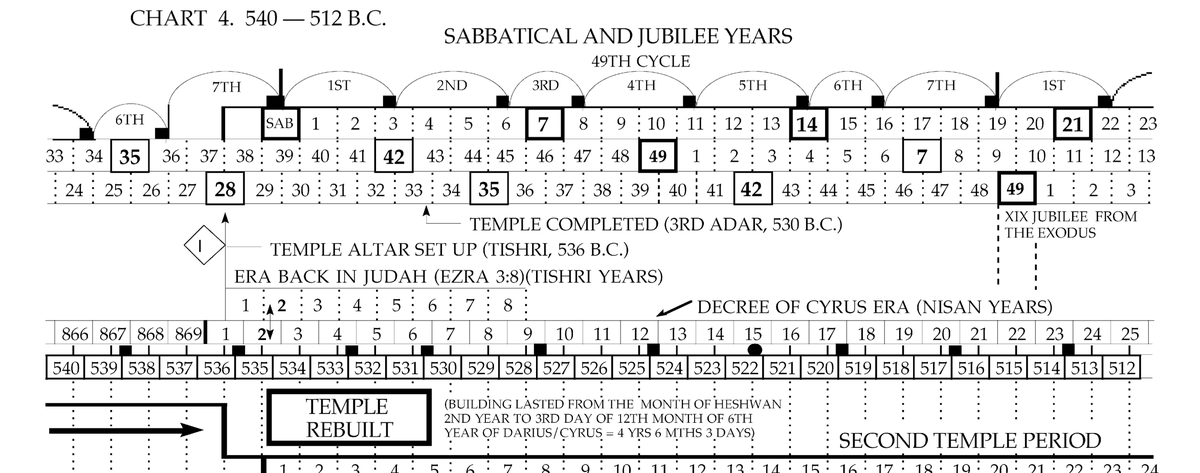The book of Psalms introduces us to a world of contrasts.
When we first open it (in Psalm 1), we find two types of men set before us:
‘the righteous’ (צדיקים) and ‘the wicked’ (רשעים).
against whom the wicked (plural) rail (cp. Acts 2.23, 3.14).
while the religious authorities (plural) ‘plot’ how to destroy him (Mark 3.6).
...between the kings of the earth (plural) (מלכי ארץ)
...and YHWH’s appointed king (מלכי) (singular).
while YHWH’s is part of who he is—‘the one who sits in the heavens’ (יוֹשֵׁב בשמים).
The familiar one-versus-many conflict is reflected in the interaction between the Psalmist and ‘the many’ (רַבִּים) (cp. 3.2–3),
while a ‘holy hill’ becomes an object of contrast/contention.
The authority of the Messiah is the answer to the prayers of the downtrodden,
yet is a threat to those who want to hold onto their earthly authority.
Even as he is enthroned in a mock ceremony by the religious authorities, and crowned with thorns by wicked men,
Jesus will be ‘crowned with glory and honour’ (כבוד והדר) by his God (cp. Psa. 8 w. Heb. 2).














